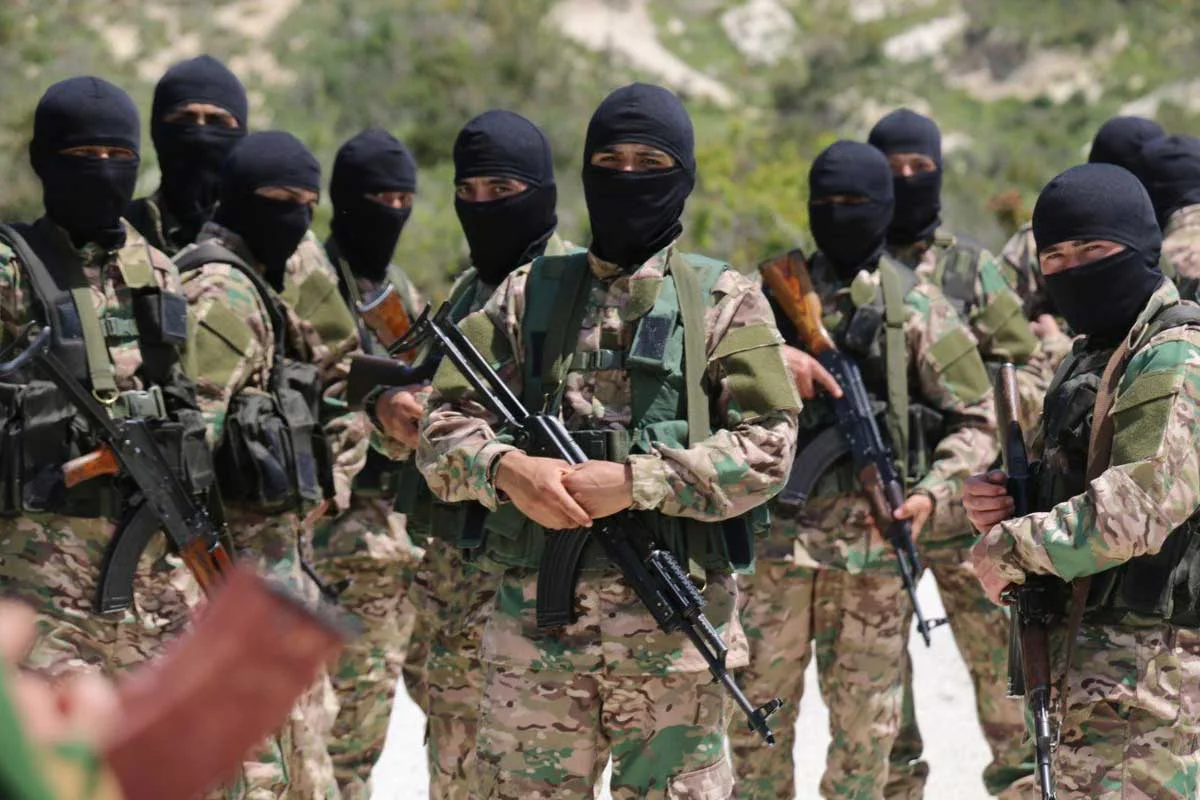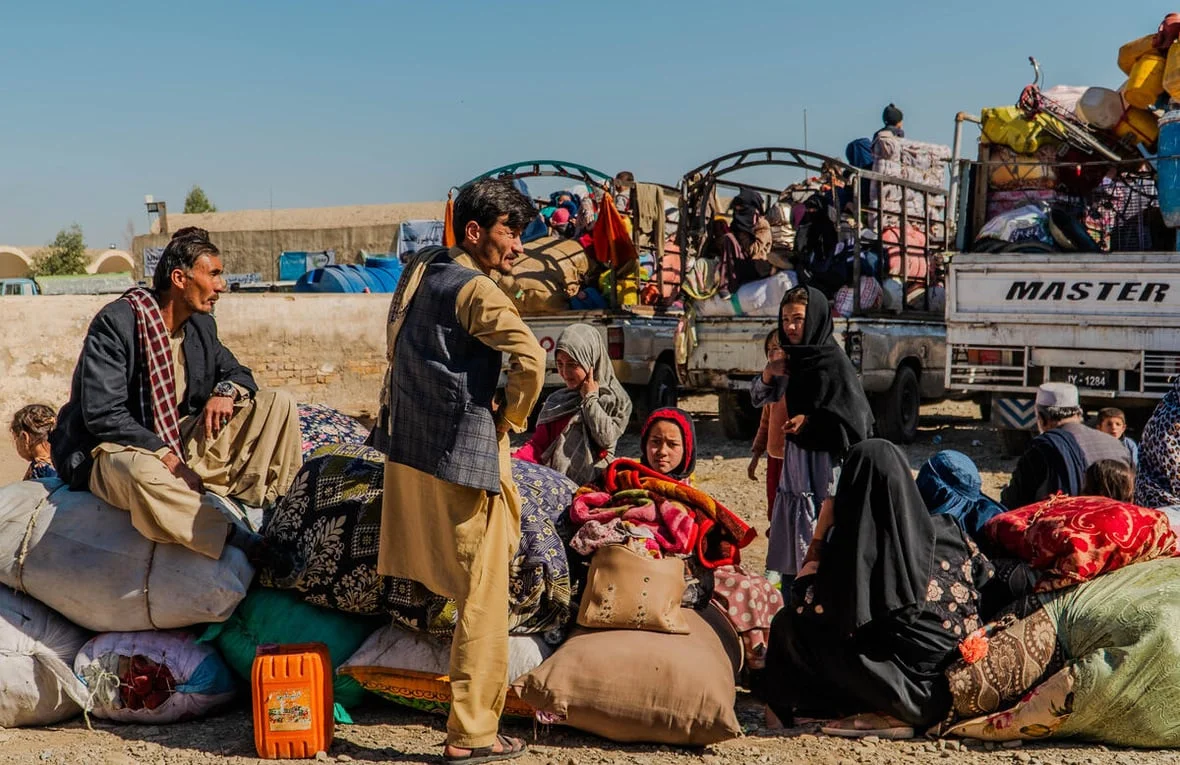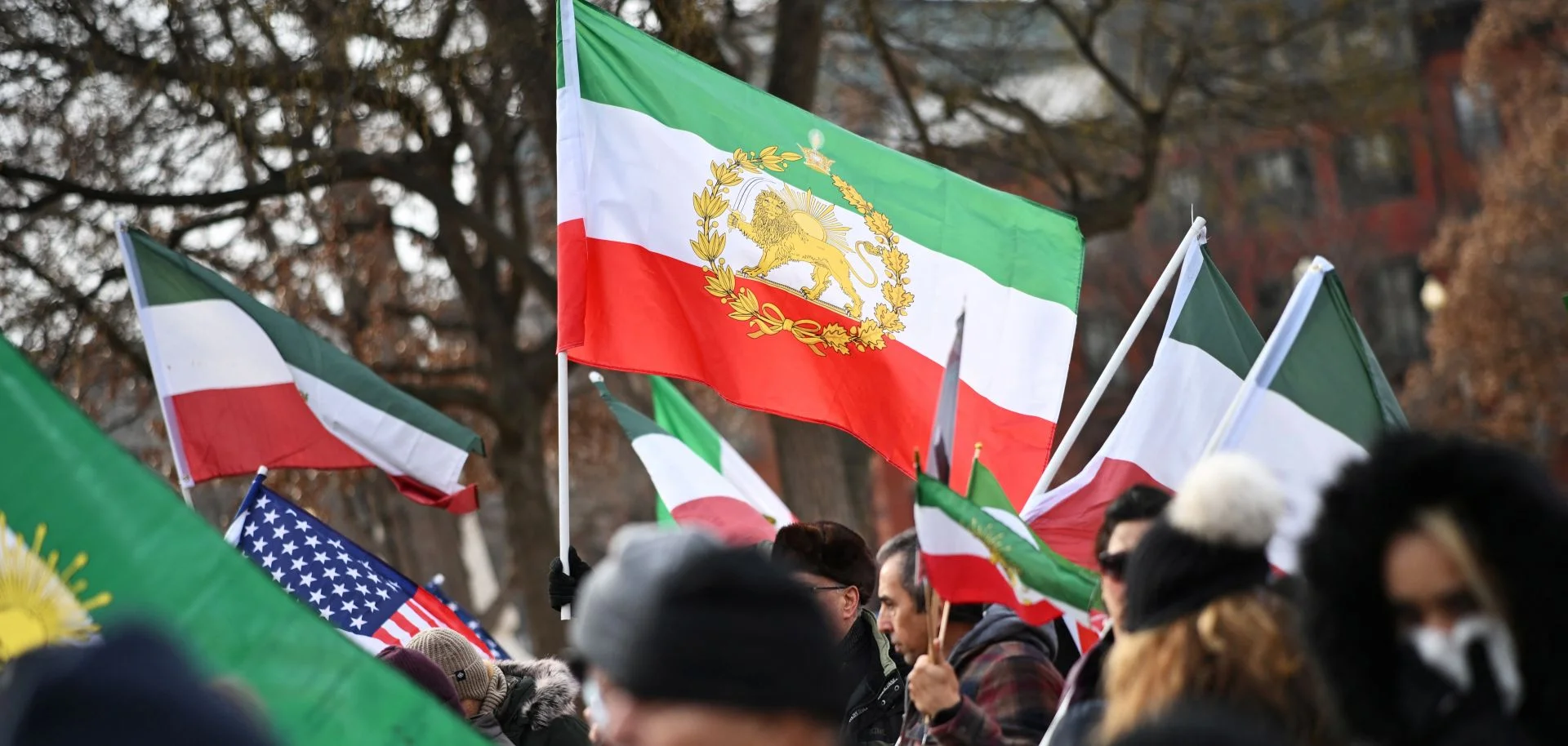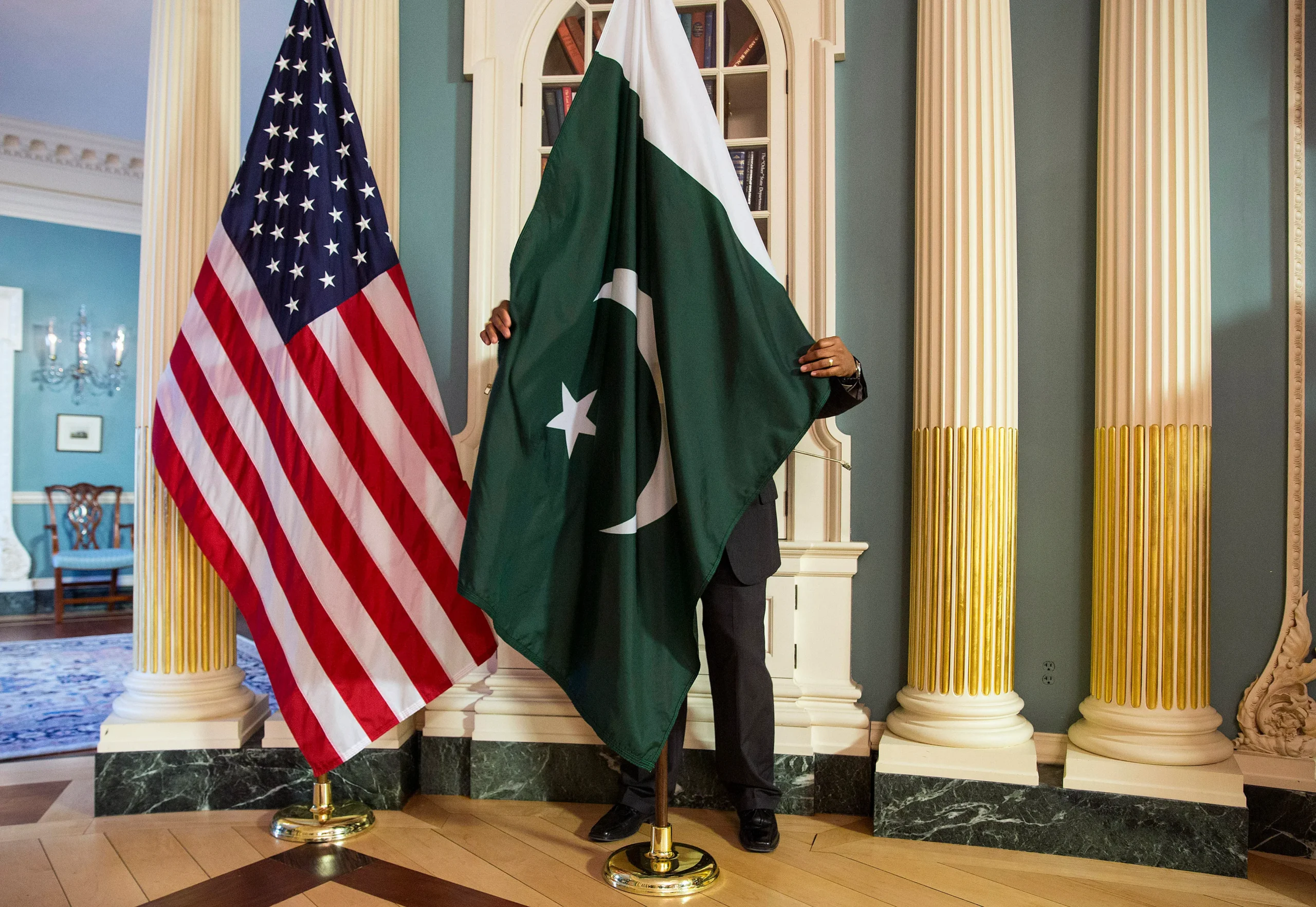Foreign Minister Ishaq Dar on Friday reiterated Pakistan’s constructive engagement within the Shanghai Cooperation Organisation (SCO), emphasising the importance of mutually beneficial collaboration, particularly in the areas of bilateral trade, transport, and regional connectivity.
The SCO comprises China, India, Russia, Pakistan, Iran, Kazakhstan, Kyrgyzstan, Tajikistan, Uzbekistan and Belarus — with 16 more countries affiliated as observers or “dialogue partners”.
Also See: Pakistan Pays Back $1 Billion Chinese Loan, Seeks Refinancing
Pakistan became a full member of the organisation at its 2017 summit in Kazakhstan, which was attended by former Prime Minister Nawaz Sharif.
Dar held a meeting with SCO’s Secretary General Nurlan Yermekbayev, who is currently on an official visit to Pakistan. He congratulated Yermekbayev on the commencement of his responsibilities as the new Secretary General, assuring him of Pakistan’s full support for the SCO Secretariat.
The deputy PM underlined Pakistan’s close historical ties with SCO member states and reaffirmed Pakistan’s commitment to upholding the Shanghai spirit.
He appreciated the potential of SCO as forum for promoting regional peace and security as well as a tool to achieve enhanced economic development within the region.
Dar reiterated Pakistan’s constructive involvement for mutually beneficial cooperation within the SCO mechanisms especially in the areas of bilateral trade, transport and connectivity.
Yermekbayev thanked Pakistan for the hospitality and appreciated Pakistan’s active engagement in SCO activities. He lauded Pakistan’s successfully hosting of the Meeting of the Council of Heads of Government of the SCO member States (SCO CHG) in October, 2024.
Both dignitaries had a useful exchange of views on SCO priorities. They deliberated on ways and means for advancing cooperation under SCO in the areas of transportation and logistics, energy security, food security, health, e-commerce and green economy.
Last year, Pakistan hosted the 23rd SCO summit at the Jinnah Convention Centre in Islamabad, which was chaired by PM Shehbaz Sharif. During the two-day summit, the premier called for investing in the region’s collective capacity for connectivity.
The SCO region is one of the largest, with a population of 3.5 billion people (40 per cent of the world population), more than $30 trillion GDP (30pc of world GDP) and $2.5tr of trade worldwide. SCO Summits and meetings have always stressed closer connectivity through bilateral trade.
Pakistan currently has vast avenues to approach the SCO markets. The low trade with Iran, Kyrgyzstan, Russia, Tajikistan and Uzbekistan witness vital future trade potential. Pakistan and the SCO states have been working to strengthen their bilateral trade relations in recent years.
This news is sourced from Dawn and is intended for informational purposes only.

![Ishaq Dar reaffirms Pakistan's active role in SCO, stressing trade, transport, and regional connectivity cooperation. [Image via X/@ForeignOfficePk]](https://southasiatimes.org/wp-content/uploads/2025/04/181347560e5c955.webp)




